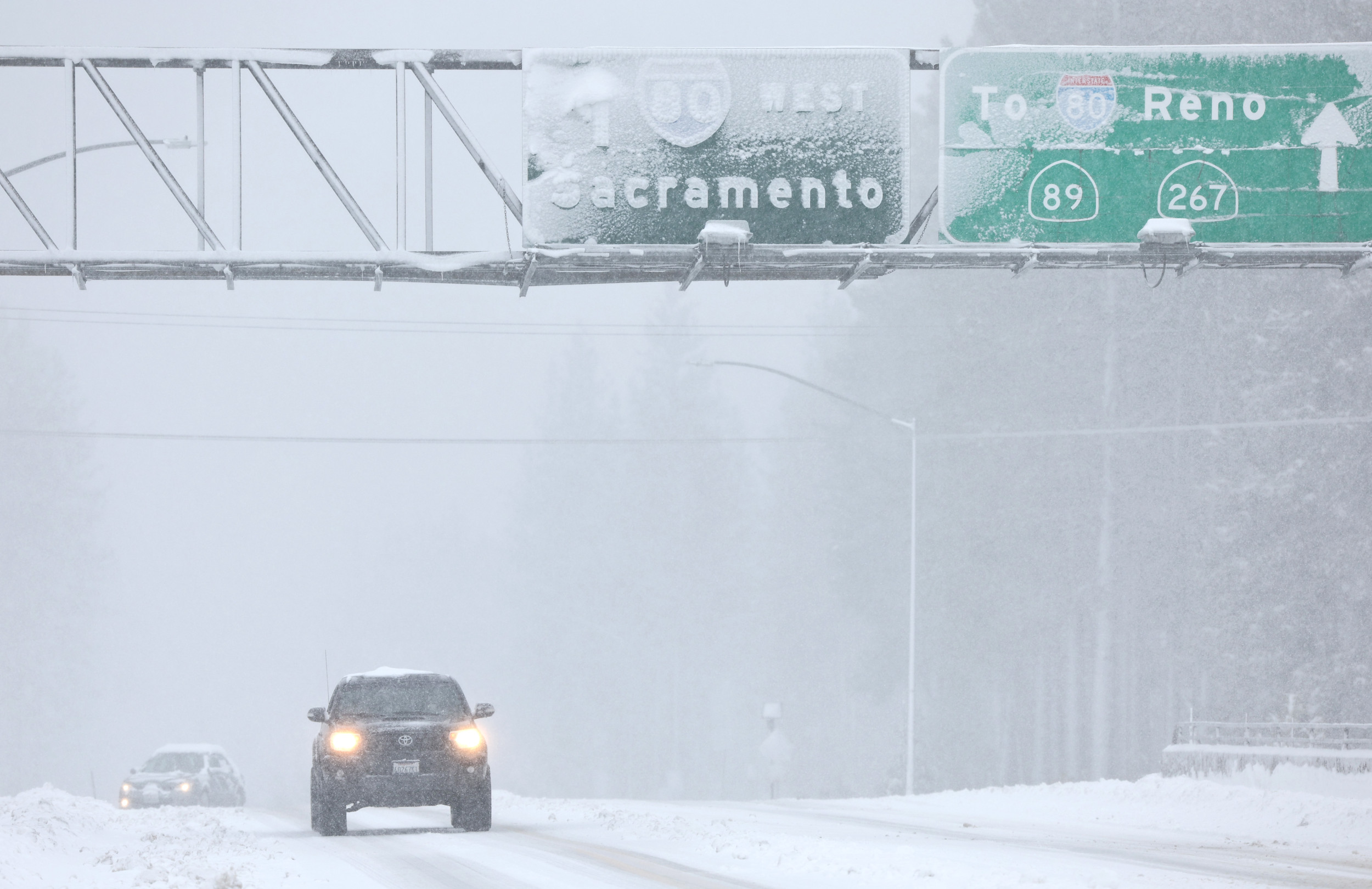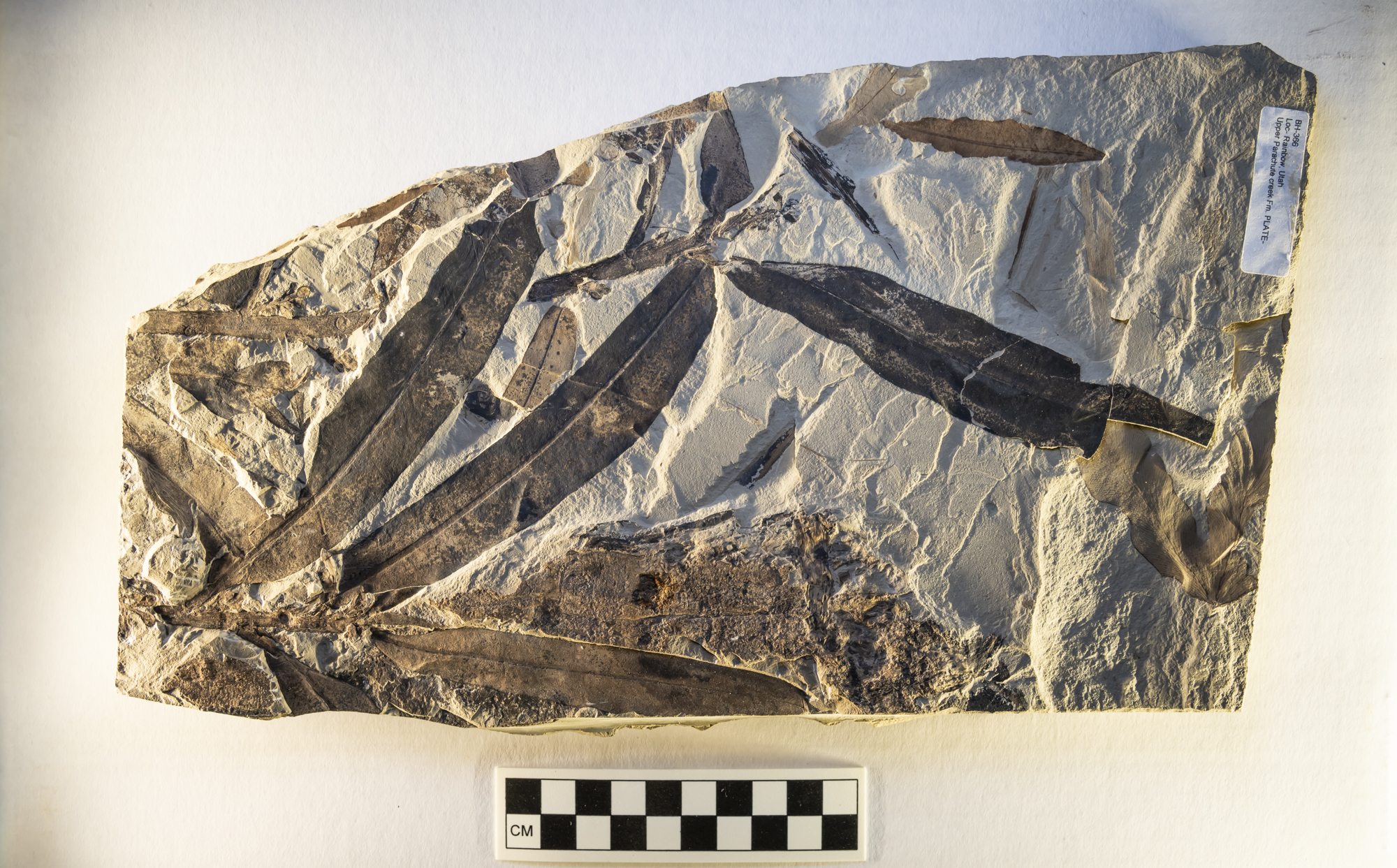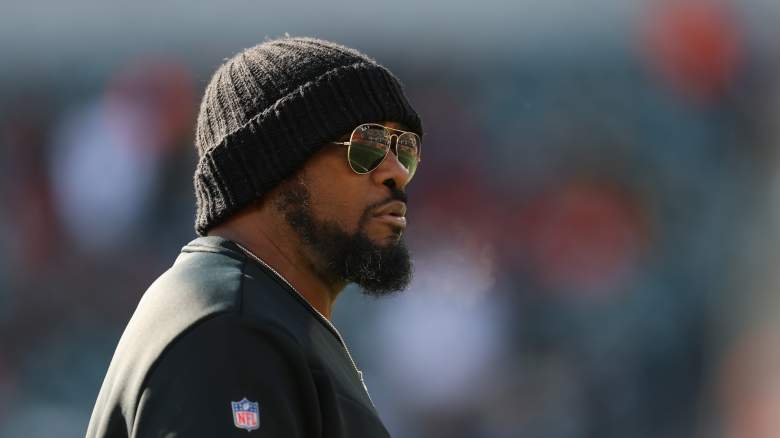Donald Trump has said it would be "a great idea" for Canada to become the 51st U.S. state, as the president-elect continued needling Canadian Prime Minister Justin Trudeau in what started as a tariff dispute.
Trump recently said he would place a 25 percent tariff on all goods from Canada and Mexico "until such time as Drugs, in particular Fentanyl, and all Illegal Aliens stop this Invasion of our Country!" This prompted Trudeau to fly to Trump's Mar-a-Lago residence in Florida, where the pair had an "excellent conversation," according to the prime minister.
Yet, posting on his Truth Social website early on Wednesday, Trump said: "No one can answer why we subsidize Canada to the tune of over $100,000,000 a year? Makes no sense! Many Canadians want Canada to become the 51st State. They would save massively on taxes and military protection. I think it is a great idea. 51st State!!!"
Newsweek contacted Donald Trump's presidential transition team and the Canadian Government's press office via email for comment on Wednesday.

It is unclear where Trump got the $100,000,000 figure from. In 2023, the U.S. had a trade deficit of $64,262,700 with Canada according to Census Bureau figures. This figure shows the difference between all the American goods purchased in Canada and the Canadian goods purchased in the United States.
Fox News had reported that during their conversation at Mar-a-Lago in late November, Trump told Trudeau that "maybe Canada should become the 51st state" to avoid tariffs, and the president-elect continued this theme on social media by calling the Canadian leader "governor" and posting a picture of himself superimposed in front of the Canadian flag.
However, the practical and political obstacles to the country joining the Union are considerable.
Constitutional Hurdle
Speaking to The National Post, Gregory Tardi, who served as legal counsel to Elections Canada for 11 years, said it would take place via Section 41 of the Canadian Constitution Act of 1982, meaning it would require the support of both chambers of the Canadian Parliament along with all 10 Canadian provinces. This would include Francophone Quebec, which has its own political culture and is deeply suspicious of anything that could undermine the influence of French speakers.
Canada's Constitution Act of 1982 also protects indigenous people's rights, meaning various groups would likely have to be consulted about joining the American Union and potentially sparking legal battles. While it isn't a constitutional requirement, in 1980 and 1995 Quebec narrowly voted to remain part of Canada via plebiscites, creating the precedent that major constitutional change requires popular approval via referendum.
The process would be much simpler legally in the U.S., where a state can be created via a new federal law passed by Congress. However, this hasn't happened since Hawaii was admitted as a state in August 1959 and ongoing campaigns for the statehood for Puerto Rico and Washington D.C. appear to have stalled.
Canada is one of 15 nations that have the British monarch, currently King Charles III, as their head of state. Joining the American Union, which was explicitly founded as a rebellion against the British monarchy, would mean ending this arrangement.
Population and Size
Canadian statehood could also pose more practical questions. Statistics Canada, the country's central statistics authority, estimated that the country's population was 41,465,298 on October 1. Were it to join the Union as a single state, it would immediately become the most populous ahead of California, which in July 2023 had an estimated population of 38,965,193 according to the U.S. Census Bureau.
Combined, Canada's 10 provinces and three federal territories make up around nearly 10 million square kilometers (3.85 million square miles), making it slightly bigger than all 50 current U.S. states.
These two factors would likely causing administrative challenges. Joining the Union as a single state would minimize political impact, with Canada only picking up two Senators, though it should get more than California's 52 House Representatives. Were Canada to be join as multiple states, its impact on the Senate would be multiplied, with two senators for each new state.
Regardless, there would be a dramatic impact on American politics. Canada currently has a Liberal Party government, whereas from January the Republicans will have control of the White House and both chambers of Congress in the U.S.
An Environics Institute/Toronto Metropolitan University poll of 2,016 Canadians between September 9 and 23 found that if Canada had voted in the U.S. presidential election, 60 percent would have backed Harris against 21 percent for Trump. This could have shifted U.S. politics to the left, to the detriment of the Republicans, with America's northern neighbor currently having much more left-leaning policies on gun control, health care and abortion.
The biggest obstacle to Canada joining the Union is that most Canadians are opposed to the idea. No major Canadian political party supports the plan, while a Leger poll of 1,520 Canadians conducted between December 6 and 9 found just 13 percent would be in favor, with 82 percent actively opposed.
When Trump's tariff plan was announced, Doug Ford, premier of Canada's most populous province Ontario, threatened to restrict electricity experts to New York, Michigan and Minnesota if the president-elect went ahead with his scheme.




















 English (US) ·
English (US) ·